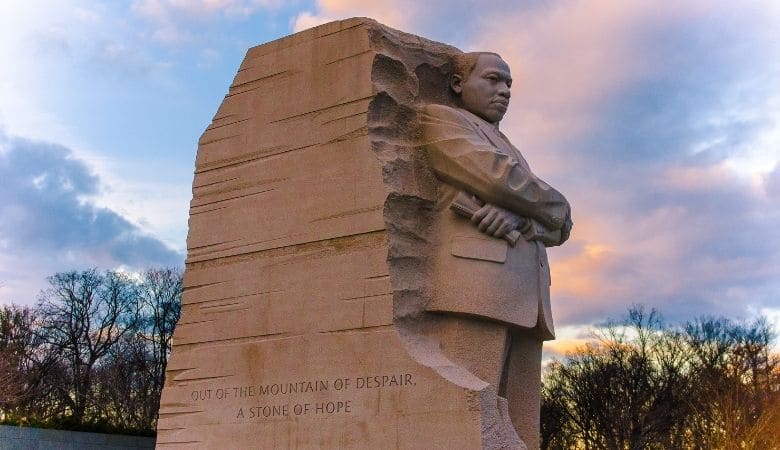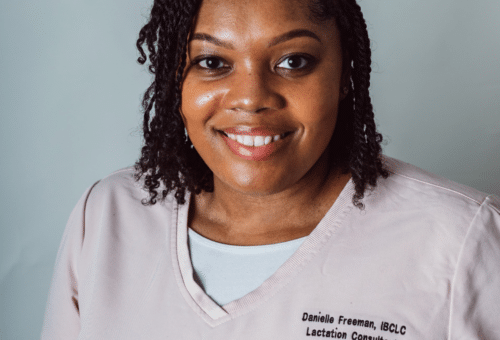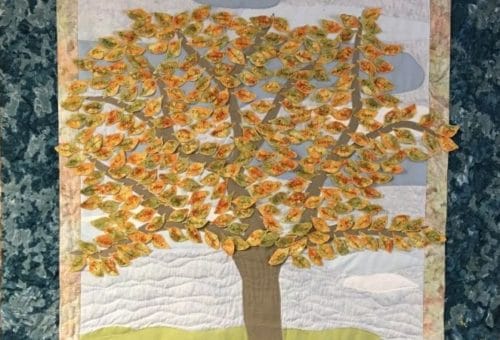
Photo credit: Jamie Levine Davis
“Change does not roll in on the wheels of inevitability, but comes through continuous struggle.”
– Martin Luther King, Jr.
Martin Luther King, Jr.’s life’s work was a call to action. He had a vision, and achieving it called for changes in all areas of our society—housing, health care, education, military, government, employment, day-to-day civility. Throughout his life he refined the vision as he held fast to it, and he inspired others to share it and contribute to it. Dr. King understood deeply that calls to action require both vision and planning. He strategized carefully, and he participated in actions and marches, as he spoke the vision to people everywhere about their role in achieving it.
The Massachusetts Attorney General’s Office recently released its report, “Building Toward Racial Justice and Equity in Health: A Call to Action.” The call focuses on health disparities in the context of the COVID-19 pandemic. Systemic racism and health disparities are not new in COVID; rather, the pandemic has brought existing racism and disparities to the fore—an opportunity to galvanize for lasting change. The report includes basic information and recommendations for action in five domains:
- Data for identifying and addressing health disparities: The type of health and other data we collect and the way we collect it contribute to the disparities we are trying to address. This must change.
- Equitable distribution of health care resources: The report demonstrates multiple ways in which our health care resources are inequitably distributed, including ways low-income workers subsidize the care of their wealthier counterparts.
- Clinical health equity: telehealth as a tool for expanding equitable access: With COVID, telehealth has become a powerful tool for improving health outcomes safely, and it has much potential beyond COVID. Access to the internet and language-appropriate care are barriers that must still be addressed for truly equitable, successful access to this tool.
- Health care worker diversity: Health care workers need ongoing cultural and antiracism training. More importantly, we need to diversify the health care work force, at all levels. This is, of course, a long-term part of the vision, and must begin now.
- Social determinants of health and root causes of health disparities: Most social determinants of health are well beyond the scope of the health care system. They include education, housing (and homelessness), employment, police, prison, and justice systems, presenting many opportunities for creative ways for many people to be part of the vision.
The report left me feeling all at once:
- Saddened: We have made much progress since King articulated his vision, and yet in so many ways, we are still fighting for the same things, 60 years later.
- Overwhelmed: There is so much to do, in so many arenas. Success is hard-won and must be maintained always.
- Comforted: There are so very many people and groups working, each in their own way, and together, toward the common goal of racial and social justice. Even when it feels like a never-ending cycle, it is a spiral expanding outward, a helix reaching upward.
- Inspired: No one can do this alone, but together we can make lasting, meaningful change. Mothers’ Milk Bank Northeast, the Human Milk Banking Association of North America, and each of us is a small but important part of the spiral.
Calls to action combine vision and a plan: where do we want to go and how can we get there? The Office of the Attorney General has built upon MLK’s vision and call to action: so must we each do the same in our areas.








